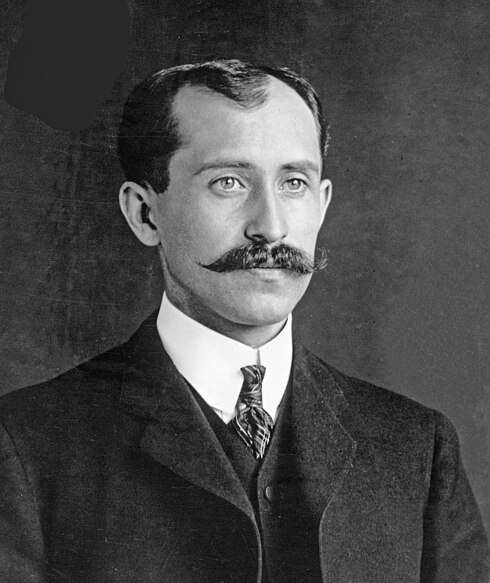Donald Duck's Screen Debut, 1934
Don't let anybody tell you that June 9th is Donald Duck's birthday. It's merely the date of his screen premiere in The Wise Little Hen. His birthday is stated to be "Friday the 13th" in The Three Caballeros and as March 13th in the short, Donald's Happy Birthday.
Donald Fauntleroy Duck was created as a contrast to Mickey Mouse. Mickey had become a role model for children, and was just a little too much "sweetness and light" for Walt Disney's taste. He needed a foil for Mickey, someone who could display a few negative traits once in a while. The plucky little duck was just the ticket.
 |
| Clarence Nash, shown, was Donald's voice until his death in 1985 -- including the foreign language versions. ©Alan Light/ Wikimedia Commons |
Donald's voice is unique because it is not only "ducklike", but also very difficult to understand, especially when Donald flies into a rage, which is actually a pretty frequent event. Donald is also unusual in that he has the same voice, no matter what language he's speaking in. Clarence Nash did the voice work for Donald in all the foreign-language versions of the Donald Duck cartoons, working from a phonetic transcription. After Nash's death, Donald's voice was handled by Tony Anseimo, who trained under Nash.
During World War II, Donald appeared in a number of propaganda films for the United States, including Der Fuehrer's Dream, which won the 1942 Academy Award for Best Animated Short Film. Donald also appeared in seven shorts following his career in the military after being drafted.
During the Second World War, Disney cartoons were not allowed into areas in Europe occupied by the Axis powers. To compensate for the loss of income, Disney began marketing his films in South America. Two Disney films, Saludos Amigos and The Three Caballeros, were created as a result of his travels through Latin America.
Bob Cummings Born, 1910
 |
| Bob Cummings |
I didn't realize, of course, that Bob Cummings was a star long before he came to TV, with important roles in two Alfred Hitchcock dramas, Dial M for Murder and Saboteur.
Cummings originally had no plans to become an actor. He studied aeronautical engineering at the Carnegie Institute of Technology in Pittsburgh, and only changed to drama due to financial considerations. His previously wealthy family had suffered during the 1929 stock market crash, and he learned that he could enroll at the American Academy of Dramatic Arts in New York City and actually be paid a wage -- a whopping $14 a week.
 |
| Cummings in "Saboteur" in 1942. |
Bob Cummings finally started acting under his own name in the 1930's, playing a variety of supporting roles as a contract actor. He impressed John Wayne so much that he wanted him to co-star in The High and the Mighty. (Wayne was overruled, and the part went to Robert Stack.)
One of the reasons that Wayne wanted him for the movie was because he thought Cumming's real-life flying experience would add realism to the movie. Cummings had been taught to fly when he was still in high school. His instructor was his godfather, who happened to be Orville Wright. Cummings gave local residents rides in his plane for $5. Later, when the government began licensing flight instructors, Cummings was first in line -- his certificate number was 1.
 |
| Godfather Orville Wright taught him to fly. |
Cummings was a strong health-food advocate, and wrote a book on the subject, Stay Young and Vital. He died in 1990 at the age of 80.
No comments:
Post a Comment